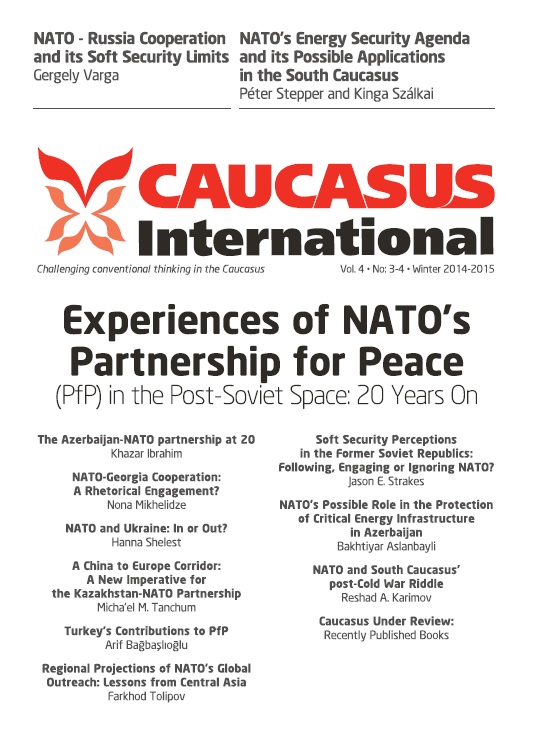NATO’s Possible Role in the Protection of Critical Energy Infrastructure in Azerbaijan
After regaining its independence following the collapse of the Soviet Union, Azerbaijan started to implement an independent oil and gas strategy in the 1990s, which led to significant volumes of international investment flowing into the oil and gas sector. As a result of those investments along with close cooperation with international oil companies, Azerbaijan managed to build up substantial state energy infrastructure. In parallel, significant oil and gas transit infrastructure has been developed in neighboring Georgia. The Azerbaijan-Georgia energy corridor is critical not only for Baku and Tbilisi and the South Caucasus and Caspian regions, but also for Europe, which is host to the majority of the final consumers of Azerbaijan’s energy resources. Therefore, assuring the security of that energy infrastructure becomes even more important. Clearly, the protection of critical energy infrastructure is the responsibility of host countries; in line with this duty, Azerbaijan is doing its best to neutralize current security threats. In this vein, raising security relations with NATO to a higher level can improve the security of critical energy infrastructure in the South Caucasus. Based on an agreement between NATO and partner countries in the South Caucasus (i.e. Azerbaijan and Georgia), the proposed “Article 4.5” format can enable higher-level security relations. This article analyzes the possible positive implications of that new format for the protection of existing energy infrastructure in Azerbaijan, which is critical for European energy security
Latest news
- 03/17/2020 Call for Submission: “Non-Alignment Movement and Its Perspective in International Affairs”. Deadline: 1 July 2020 2625 views
Popular articles
- 02/24/2020 The Role of Irredentism in Russia’s Foreign Policy 2536 views
- 02/24/2020 Construction of sub-national identity vis-à-vis parent state: Gagauz case in Moldova 2218 views
- 02/24/2020 The Conflict in Ukraine - The Geopolitics of Separatism and Divergent Identities (Commentary) 2072 views
- 02/24/2020 The Role of the Soviet Past in Contemporary Georgia 2044 views





